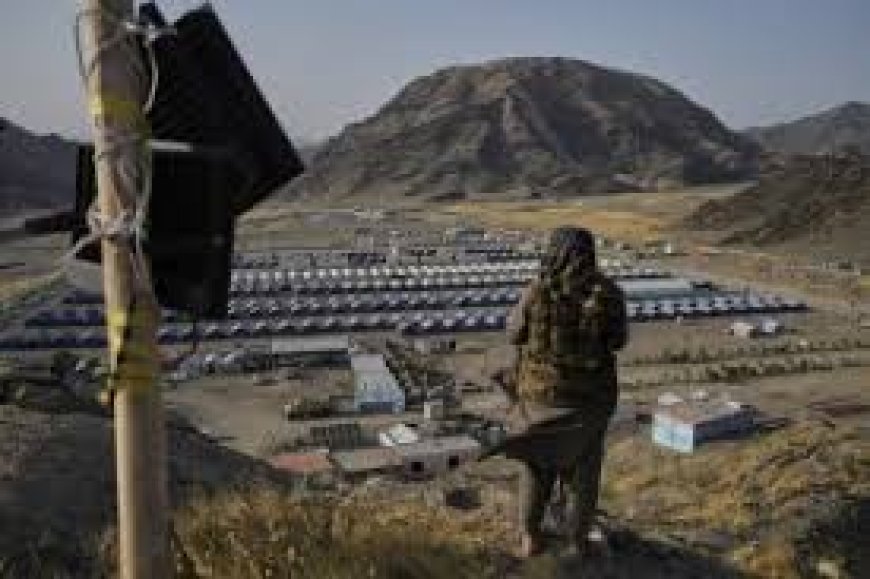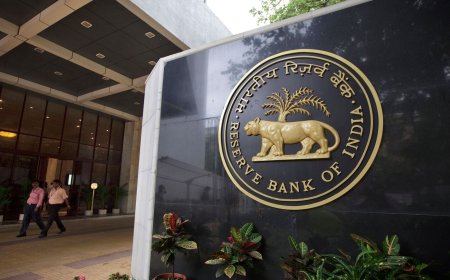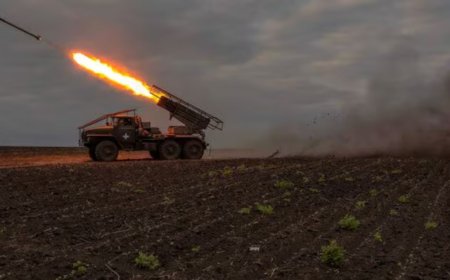Taliban criticise neighbouring countries for their mass expulsion of Afghans
The Taliban has condemned Pakistan and Iran for forcibly expelling Afghan refugees, warning of humanitarian fallout. Analysts say the move reflects geopolitical tensions and economic strains.

Kabul, July 30, 2025 — The Taliban administration has issued a sharp rebuke to neighbouring countries, particularly Pakistan and Iran, over what it calls the “inhumane and unjustified” mass expulsions of Afghan refugees. The expulsions, which have accelerated since late 2023, have displaced hundreds of thousands, sparking growing humanitarian concerns amid ongoing economic fragility within Afghanistan.
Rising Deportations Trigger Diplomatic Strains
In a statement released on Monday, the Taliban’s Ministry of Refugees and Repatriation condemned the forced returns, describing them as a violation of international norms. “These actions are contrary to Islamic values and the principles of good neighbourliness,” said Abdul Rahman Rashid, the acting minister. “Our people are being harassed, detained, and sent back without due process.”
According to official estimates, over 1.4 million Afghans have been expelled from Pakistan and Iran since late last year. Pakistani authorities cite undocumented status and national security concerns as primary reasons, while Iran has blamed economic pressures and dwindling domestic resources.
Humanitarian Fallout Deepens
The expulsion waves have intensified Afghanistan’s humanitarian crisis. Returnees, many of whom had lived abroad for decades, are arriving to limited shelter, unemployment, and insufficient aid infrastructure. Provinces such as Nangarhar, Kandahar, and Herat are bearing the brunt, with makeshift camps overflowing and services stretched to their limits.
“We are now accommodating nearly 200,000 returnees in temporary shelters,” said Najibullah Haqqani, a regional aid coordinator in Jalalabad. “Winter will bring an unmanageable disaster if international support doesn't arrive.”
International NGOs, including the Norwegian Refugee Council and Médecins Sans Frontières, have warned that the deportations risk a humanitarian catastrophe, especially as Afghanistan remains under broad international sanctions.
Neighbours Defend Their Actions
In response to Taliban criticism, Pakistan’s Foreign Ministry reiterated its sovereign right to regulate undocumented migration. “No country can indefinitely bear the burden of millions of undocumented foreigners,” said spokesperson Mumtaz Zahra Baloch. “We are executing these measures in accordance with our laws, and we have provided ample notice.”
Iranian officials have echoed similar sentiments, pointing to their economic difficulties under U.S. sanctions. “Iran has hosted Afghan refugees for over four decades,” said Deputy Interior Minister Majid Mirahmadi. “But our capacity is exhausted, and public sentiment is shifting.”
Analysts See Geopolitical Undercurrents
Observers argue that the expulsions are not merely administrative but also deeply political. With the Taliban government still unrecognized globally and facing increased isolation, neighbouring states may be exerting pressure through non-military means.
“Pakistan’s crackdown is as much about geopolitical signalling as it is about internal security,” said Kabul-based political analyst Hamidullah Arsalai. “The Taliban’s refusal to crack down on groups like Tehrik-i-Taliban Pakistan (TTP) has led to strategic friction.”
Similarly, Iran’s recent deportations coincide with border clashes and disputes over water rights from the Helmand River, further souring bilateral ties.
Economic Implications and Market Context
The repatriation crisis adds stress to Afghanistan’s already fragile economy. With limited formal banking, scarce employment opportunities, and minimal foreign investment, the influx of returnees threatens to overwhelm local economies.
The local currency, Afghani (AFN), has shown signs of pressure in informal cross-border trade, and remittances — a key economic lifeline — have begun to fall due to increased scrutiny on Afghan nationals abroad.
“Business confidence remains extremely low,” noted Zahra Quraishi, an economist with a regional think tank. “The refugee return is not an economic opportunity — it’s a liability, especially given that no reintegration plan exists.”
In Pakistan, the cost of mass deportation — both financial and reputational — is also mounting. Small businesses in Karachi and Peshawar that relied on Afghan labour are experiencing shortages, while Islamabad faces international criticism.
Investor Outlook: Risks Over Opportunities
For investors, the refugee crisis adds a new layer of volatility to an already high-risk region. Multilateral institutions such as the World Bank and IMF remain disengaged from Afghanistan, and sanctions continue to hinder private sector engagement.
Regional investors are closely monitoring political stability in Pakistan, where anti-Afghan sentiment has begun to influence domestic politics ahead of elections. "Any perceived instability can ripple across trade, energy, and even real estate sectors," said Ali Hassan, a Karachi-based market strategist.
Afghanistan’s mining and energy sectors — which the Taliban hopes to develop with the help of Chinese and Russian partners — may also suffer setbacks due to labour force disruptions and social unrest caused by refugee influx.
Way Forward: Diplomatic and Humanitarian Solutions Needed
The Taliban has urged the international community and Islamic nations to pressurize Pakistan and Iran to halt deportations and instead work on legal pathways for residency and work permits. However, without recognition and broader engagement with global institutions, the Taliban’s diplomatic reach remains limited.
“The only viable path forward is dialogue — not just between Afghanistan and its neighbours, but with international stakeholders,” said UNHCR representative Filippo Grandi. “Mass expulsions are not a durable solution.”
For now, the situation remains volatile, with no clear resolution in sight. As political tensions spill into humanitarian domains, the plight of Afghan refugees continues to worsen.
What's Your Reaction?
 Like
0
Like
0
 Dislike
0
Dislike
0
 Love
0
Love
0
 Funny
0
Funny
0
 Angry
0
Angry
0
 Sad
0
Sad
0
 Wow
0
Wow
0












































































